Search
Search Results

Article
A Teton Ghost Story
A Teton Ghost Story is a tale from the Native American Teton (Tetonwan) of the Oceti Sakowin (People of the Seven Council Fires), better known as the Sioux, on one of the possibilities of the state of the soul after death and how the living...

3D Image
Lady in Front of the Afterlife Deities, Thebes
Lady in front of the deities of the afterlife. Painted wood. Thebes, Egypt. 3rd century BCE. Art & History Museum (Musée du Cinquantenaire), Brussels, Belgium.
Made of 70 pictures with Zephyr3D Lite from 3DFlow.
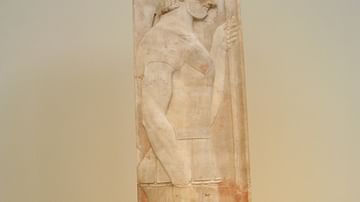
Article
The After-Life In Ancient Greece
In ancient Greece the continued existence of the dead depended on their constant remembrance by the living. It was understood that the soul lived on after bodily death in the realm known as Hades; but that land had different regions the soul...

Article
Cultural & Theological Background of Mummification in Egypt
Many myths and falsehoods concerning the Egyptian practice of mummification have been promoted to the general public in movies, television shows, and documentaries. While these offerings are entertaining and fascinating to watch, the purposes...
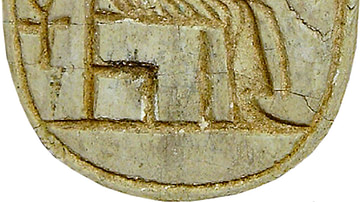
Article
The Egyptian Amulet: Pious Symbols of Spiritual Life
Material Objects & Cultures Material objects convey volumes about the people who possessed them. Cultures and societies in every generation are in part classified - either correctly or incorrectly - by the objects or symbols they select...
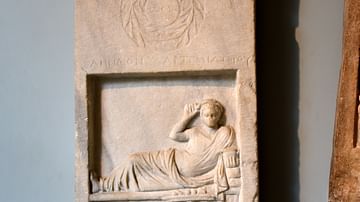
Article
Curses & Fines on Epitaphs
The concept of a curse laid on a tomb or gravesite is best known from ancient Egypt but the practice was quite common in other civilizations of antiquity. The tomb or grave was the eternal home of the physical remains of the deceased to which...
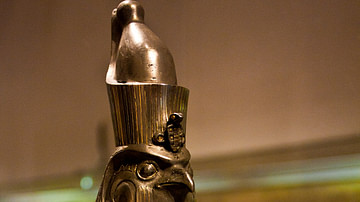
Definition
Horus
Horus is the name of a sky god in ancient Egyptian mythology which designates primarily two deities: Horus the Elder (or Horus the Great), the last born of the first five original gods, and Horus the Younger, the son of Osiris and Isis...

Definition
Middle Kingdom of Egypt
The Middle Kingdom (2040-1782 BCE) is considered ancient Egypt's Classical Age during which it produced some of its greatest works of art and literature. Scholars remain divided on which dynasties constitute the Middle Kingdom as some argue...
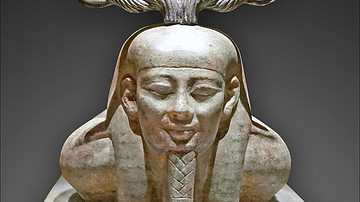
Definition
Osiris
Osiris is the Egyptian Lord of the Underworld and Judge of the Dead, brother-husband to Isis, and one of the most important gods of ancient Egypt. The name `Osiris' is the Latinized form of the Egyptian Usir which is interpreted as 'powerful'...
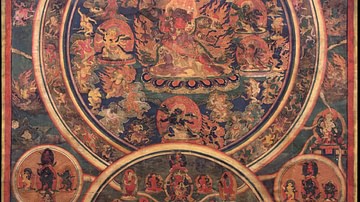
Definition
Tibetan Book of the Dead
The Tibetan Book of the Dead is the English translation of the Tibetan texts known as bar-do thos-grol (Bardo Thodol) – “Liberation Through Hearing During the Intermediate State” – and serves as a guide for the soul of the deceased after...